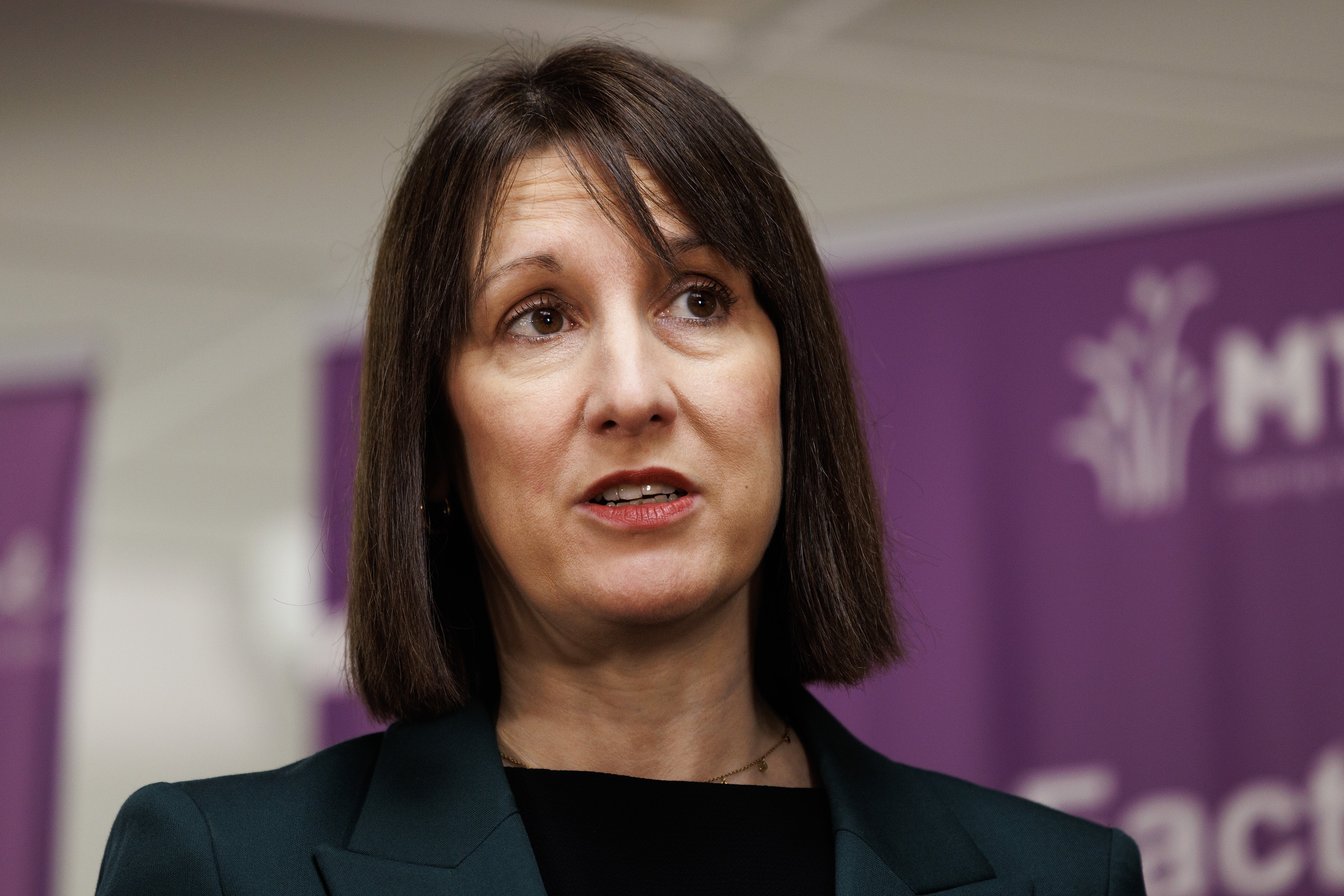
For free real time breaking news alerts sent straight to your inbox sign up to our breaking news emails
Sign up to our free breaking news emails
Sign up to our free breaking news emails
I would like to be emailed about offers, events and updates from The Independent. Read our privacy policy
Britain’s finance watchdog has warned that Chancellor Rachel Reeves’s push for growth will attract more criminals and sharp practices to the City.
Financial Conduct Authority (FCA) chief executive Nikhil Rathi told Parliament’s Treasury Select Committee that he and his team faced more risky behaviour from financiers if the government attempts to boost growth through deregulation.
Ms Reeves, a former banker, used a speech to the City last month to say that regulation designed to avoid a repeat of the great financial crisis in 2007/8 had “gone too far”.
Mr Rathi said: “If you are going to allow more risk into the system, sadly, in the financial services industry it can attract people that don’t have the best of intentions.
“And we are not going to able to stop everything.”
He added: “This was a very lively debate, but all the way we have said very openly that more things will go wrong over time.
“I don’t know when, but one or two things will go wrong and that is necessary to shift the risk appetite that the economy needs for growth.
“The test will come when those things do happen and what the tolerance here is in Parliament.”

Since the crisis, banks have had to have more of a financial cushion to absorb losses from bad loans without going bust.
Regulators have also clamped down on the most complex bets that the City made.
Banks were able to package up risky consumer debt such as mortgages for those with bad credit ratings and insure it to make it look less risky to investors. This bad debt packaged up as good debt swept through the financial system and helped turn a banking crisis into a full-blow financial meltdown.
This packaged debt, known as collateralized debt obligations (CDOs) still exists, but with much stricter rules.
Plans have also been laid to allow banks to fail without harming customers or requiring taxpayer bailouts.
There was also a cap on banker bonuses, but this has been scrapped.
But Ms Reeves has indicated that some rules could be softened further, although she did not suggest which.
The FCA faced its own criticism last month.
A report by a separate group of MPs said that the UK’s City watchdog is “incompetent”, after evidence from former and current employees was made public.
The FCA oversees banks and other finance companies in Britain and has been the subject of much criticism from witnesses’ testimony compiled by the all-party parliamentary group of MPs on investment fraud and fairer financial services.
The FCA has been subject to increased scrutiny after a number of high-profile incidents, including the collapse of a number of controversial investments – which critics branded as scams and say the FCA should have spotted – and a whistleblower scandal.
It was founded after the financial crisis when its predecessor, the disbanded Financial Services Authority, was seen as too weak. It is now facing accusations that it is also too close to the companies it is meant to regulate.
The report, compiled by a group of 30 MPs and 14 peers drew on 175 testimonials and concludes that “the picture painted is not pretty”.

 By The Independent (Business) | Created at 2024-12-11 16:54:06 | Updated at 2024-12-23 03:54:37
1 week ago
By The Independent (Business) | Created at 2024-12-11 16:54:06 | Updated at 2024-12-23 03:54:37
1 week ago





